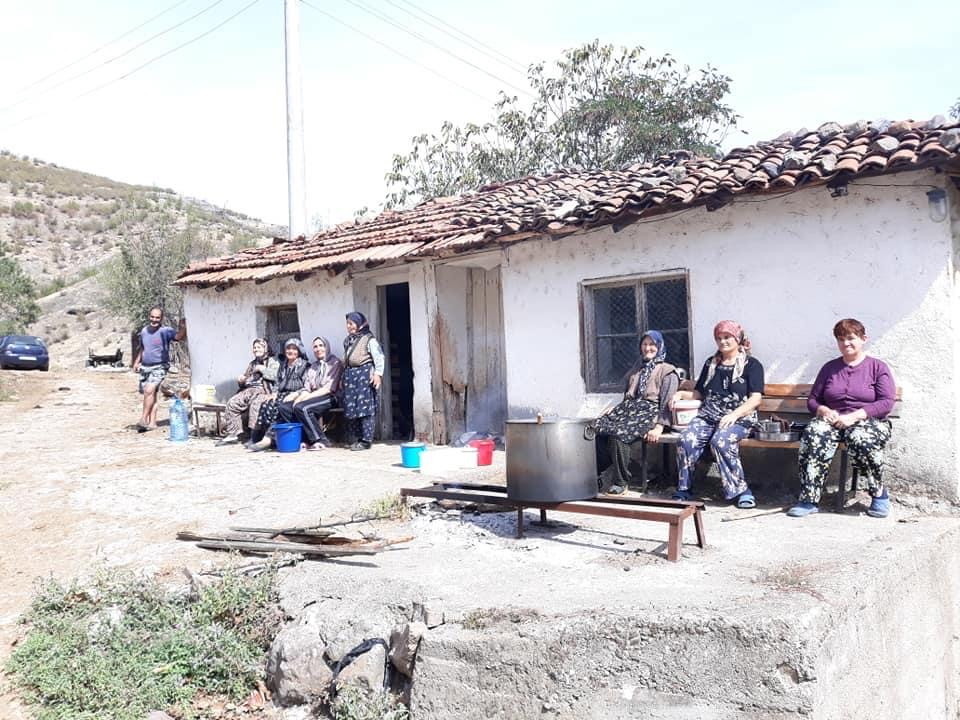Muslims in Bulgaria celebrate today Kurban Bayram. Kurban Bayram (or Eid al-Adha) is one of the greatest Muslim holidays, which is associated with the power of faith and is marked by the sacrifice of an animal as an expression of gratitude to the Almighty. It symbolizes humility, repentance, reconciliation and forgiveness.
Eid al-Adha is called a holiday of mercy and forgiveness. Its main goal is to bring together the community of people professing Islam. The holiday lasts 4 days and the emphasis is on the first day when men gather for a festive prayer - Eid prayer and slaughter the sacrificial animal.
"In essence, Kurban Bayram is a purification of the faith, from all shortcomings and doubts," explains Vedat Ahmed, chairman of the Supreme Muslim Council in Bulgaria. “The word “qurban” means "rapprochement". On the one hand, the rapprochement is with the Almighty, and on the other hand, it is social closeness, i.e. with relatives, neighbours. The sacrificial meal is divided into three parts. The first part is left for the family, the second part is given to the guests during the holiday, and the third part is distributed to the poor and needy. In addition, during Kurban Bayram, the younger ones visit the older ones, showing their respect. Older people, on the other hand, show compassion for young people, which contributes to the cohesion of society. That is why the Islamic religion emphasizes this holiday, wanting the community to united, to have mercy and compassion in it."

This year's Kurban Bayram will be more special, as due to the pandemic situation, Eid prayers will not be performed in mosques, but outdoors, which will add a new dimension to the lives of Muslims, adds Vedat Ahmed, calling for compliance with anti-epidemic requirements.
There are over 577 thousand Bulgarian citizens who profess Islam, according to the data from the last census in 2011. For all of them, today's holiday is an occasion to see their loved ones.
"On the day itself, it is good for the whole family to get together, although it is difficult in these times, especially when young people are abroad. We usually take a vacation on this day”, says Leylja Mestan from Bulgaria’s town of Krumovgrad about the traditions associated with the holiday. "After prayers in the mosque, men go back home and slaughter a ram or another cloven-hoofed animal."
"At that time, the women are busy with preparations for the holiday - cleaning the house, making traditional baklava and pies," Leyla Mestan continues. “Everyone strives to see their parents on this day and if they cannot go to them, at least to call them on the phone because the holidays are a bridge between the young and the old generation. In the villages the older people are visited by all the young. We kiss their hand and ask for their forgiveness if we have sinned, we bring them gifts."
There will be no common tables in Krumovgrad this year, says Leylja Mestan.
"I don't know if it would be appropriate to kiss the hand of all the elderly, which is the tradition. But in the conditions of a pandemic it is not responsible to do this as well as to come from another city or from abroad and to go around the whole village - this carries a great risk. It's good to see each other, but I urge all people to keep their distance and discipline so that we have no regrets after the holiday. "
English Rossitsa Petcova
There are rumours and speculations that some forgeries, so good that they are not inferior to the originals, could be found among the exhibits in the museums, but at the moment a whole series of forgeries can be seen at an exhibition..
A unique statue from the Roman period of Odessos, preliminarily dated to the late 2nd to the first half of the 3rd century, has been discovered during excavation works near the train station in Varna, said archaeologists from the Varna Regional..
Petrich municipality has received an award for original promotion of the tourist destination Heraclea Sintica , Katya Stoyanova, head of the "Restoration, conservation and socialization of Heraclea Sintica" project, said this for BTA. The award..
The Patriarchal Cathedral of St Alexander Nevsky is celebrating its temple feast today. The cathedral, a symbol of the Bulgarian capital, was built "in..
On November 24, the Bulgarian Orthodox Church honors St. Catherine (Sveta Ekaterina in Bulgarian) , who was one of the most educated women of her time...

+359 2 9336 661
